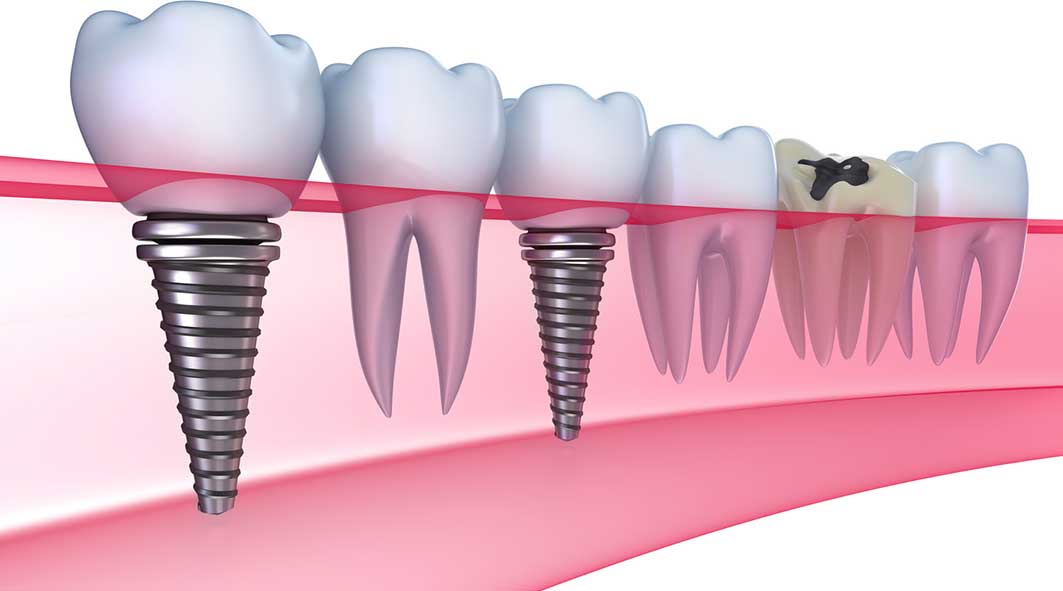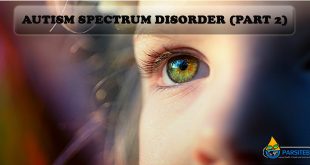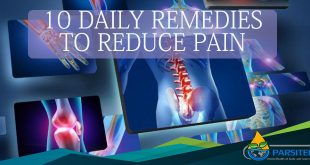Oral Health and Bone Health
Oral Health and Bone Disease
Osteoporosis and tooth loss are health concerns that affect many older men and women. Osteoporosis is a condition in which the bones become less dense and more likely to fracture. This disease can affect any bone in the body, although the bones in the hip, spine, and wrist are affected most often. In the United States today, 10-million individuals already have osteoporosis and 34-million more have low bone mass, placing them at increased risk for this disease.
Research suggests a link between osteoporosis and bone loss in the jaw. The bone in the jaw supports and anchors the teeth. When the jawbone becomes less dense, tooth loss can occur. Tooth loss affects approximately one-third of adults age 65 and older.
•Skeletal Bone Density and Dental Concerns
The portion of the jawbone that supports our teeth is known as the alveolar process. Several studies have found a link between the loss of alveolar bone and an increase in loose teeth (tooth mobility) and tooth loss. Women with osteoporosis are three times more likely to experience tooth loss than those who do not have the disease.
Low bone density in the jaw can result in other dental problems as well. For example, older women with osteoporosis may be more likely to have difficulty with loose or ill-fitting dentures and may have less optimal outcomes from oral surgical procedures.
Periodontal Disease and Bone Health
It is estimated that periodontal disease affects up to 80 percent of men and women in the United States. Periodontitis is a chronic infection that affects the gums and the bones that support the teeth. Bacteria and the body’s own immune system break down the bone and connective tissue that hold teeth in place. Teeth may eventually become loose, fall out, or have to be removed.
Although tooth loss is a well-documented consequence of periodontitis, the relationship between periodontitis and skeletal bone density is less clear. Some studies have found a strong and direct relationship among bone loss, periodontitis, and tooth loss. It is possible that the loss of alveolar bone mineral density leaves bone more susceptible to periodontal bacteria, increasing the risk for periodontitis and tooth loss.
Role of the Dentist and Dental X Rays
Research supported by the National Institute of Arthritis and Musculoskeletal and Skin Diseases (NIAMS) suggests that dental x rays may be used as a screening tool for osteoporosis. Researchers found that dental x rays were highly effective in distinguishing people with osteoporosis from those with normal bone density.
Because many people see their dentist more regularly then their doctor, dentists are in a unique position to help identify people with low bone density and to encourage them to talk to their doctors about their bone health. Dental concerns that may indicate low bone density include loose teeth, gums detaching from the teeth or receding gums, and ill-fitting or loose dentures.
Effects of Osteoporosis Treatments on Oral Health
It is not known whether osteoporosis treatments have the same beneficial effect on oral health as they do on other bones in the skeleton. Additional research is needed to fully clarify the relationship between osteoporosis and oral bone loss; however, scientists are hopeful that efforts to optimize skeletal bone density will have a favorable impact on dental health.
Bisphosphonates, a group of medications available for the treatment of osteoporosis, have been linked to the development of osteonecrosis of the jaw (ONJ), which is cause for concern. The risk of ONJ has been greatest in patients receiving large doses of intravenous bisphosphonates, a therapy used to treat cancer. The occurrence of ONJ is rare in individuals taking oral forms of the medication for osteoporosis treatment.
Taking Steps for Healthy Bones
A healthy lifestyle can be critically important for keeping bones strong. You can take many important steps to optimize your bone health:
•Eat a well-balanced diet rich in calcium and vitamin D.
•Engage in regular physical activity or exercise. Weight-bearing activities—such as walking, jogging, dancing, and weight training—are the best for keeping bones strong.
•Don’t smoke, and limit alcohol intake.
•Report any problems with loose teeth, detached or receding gums, and loose or ill-fitting dentures to your dentist and your doctor.
 Parsi Teb Physical and Mental Health Journal
Parsi Teb Physical and Mental Health Journal 



